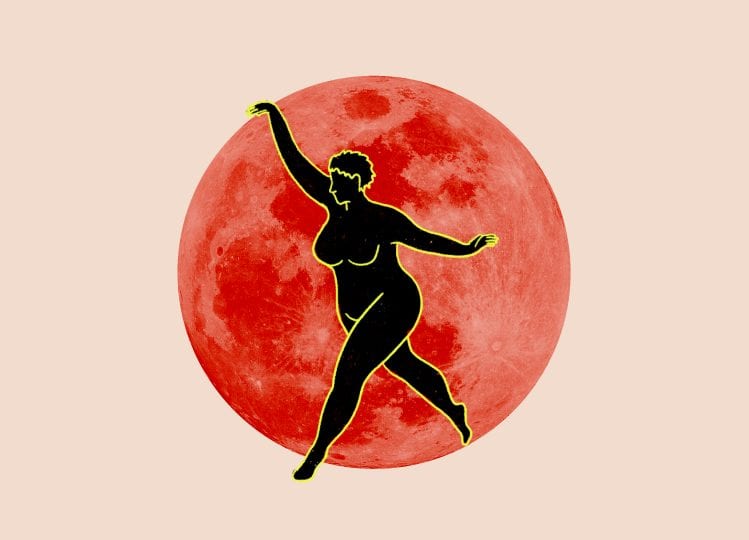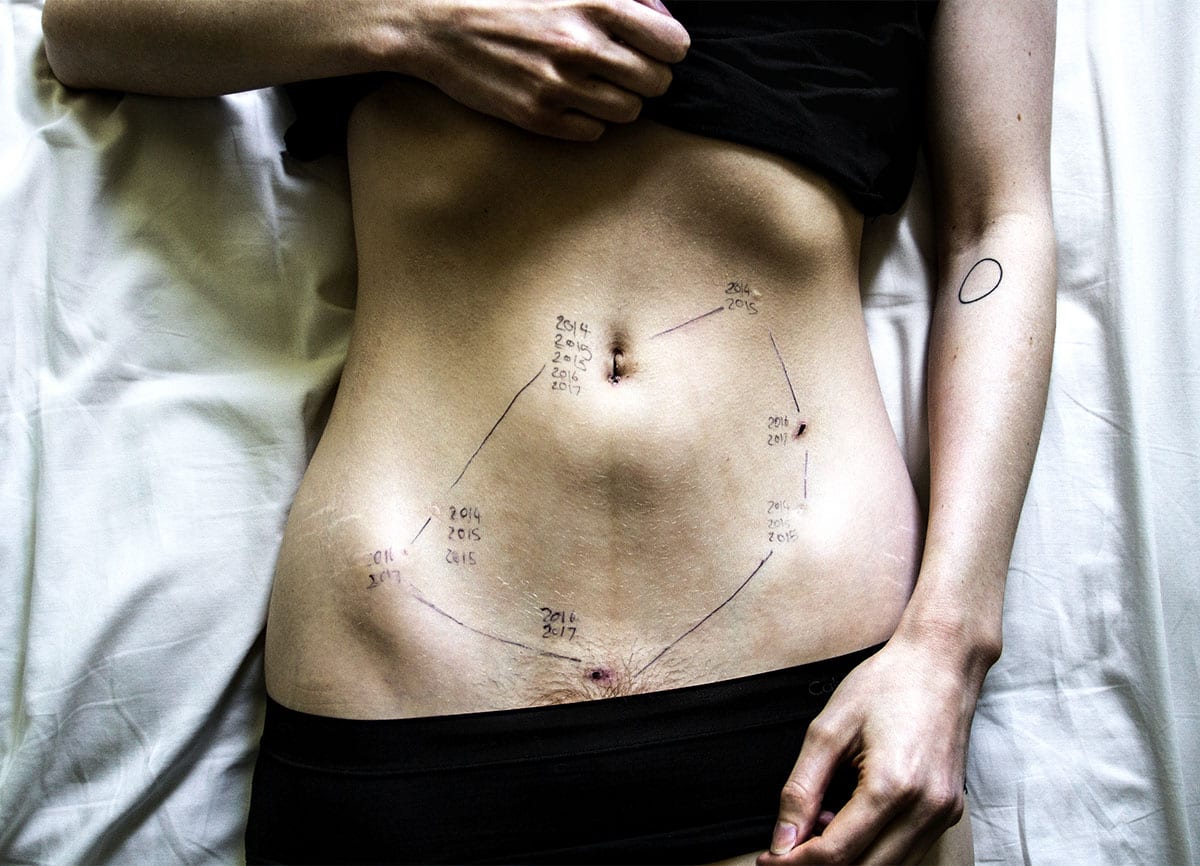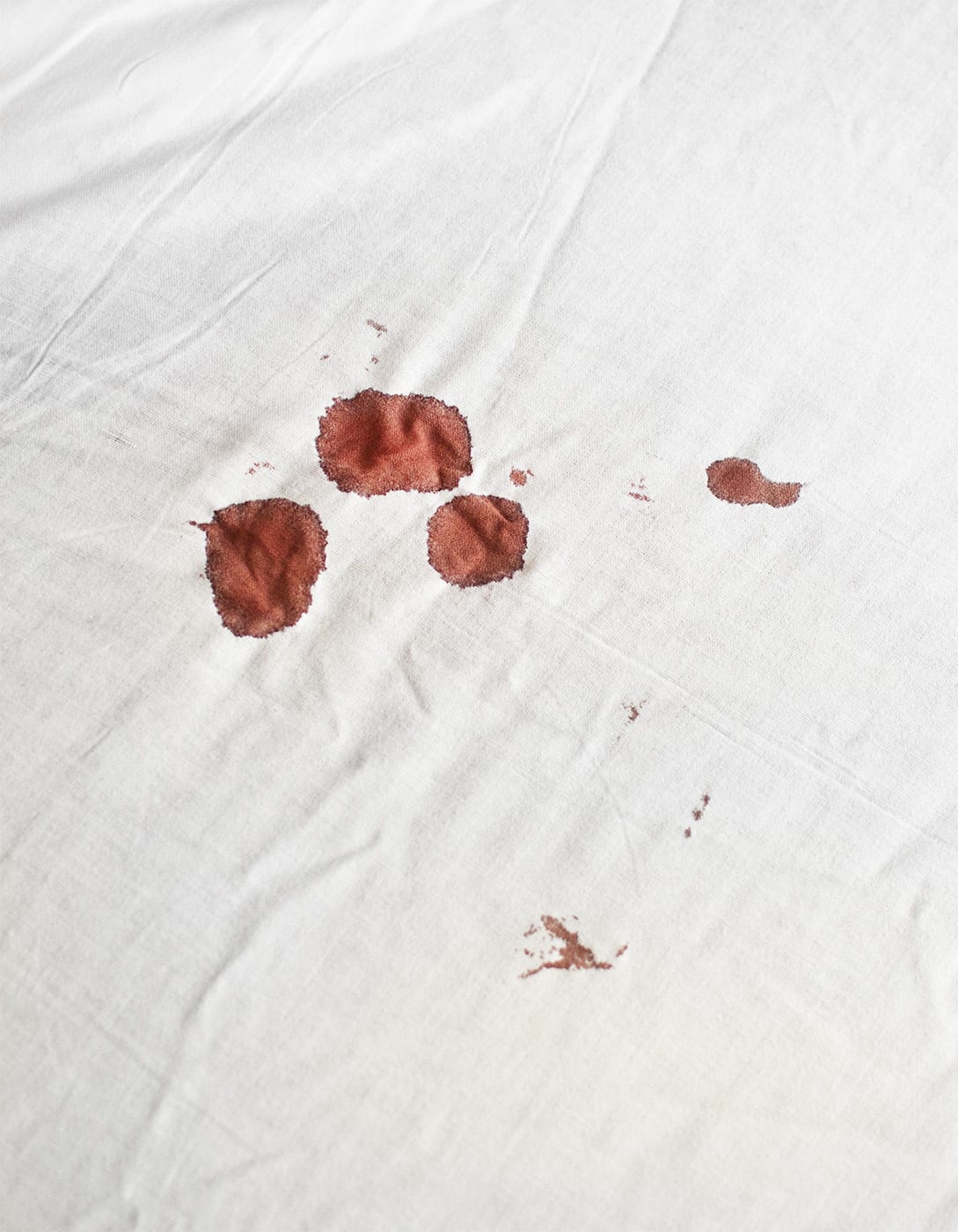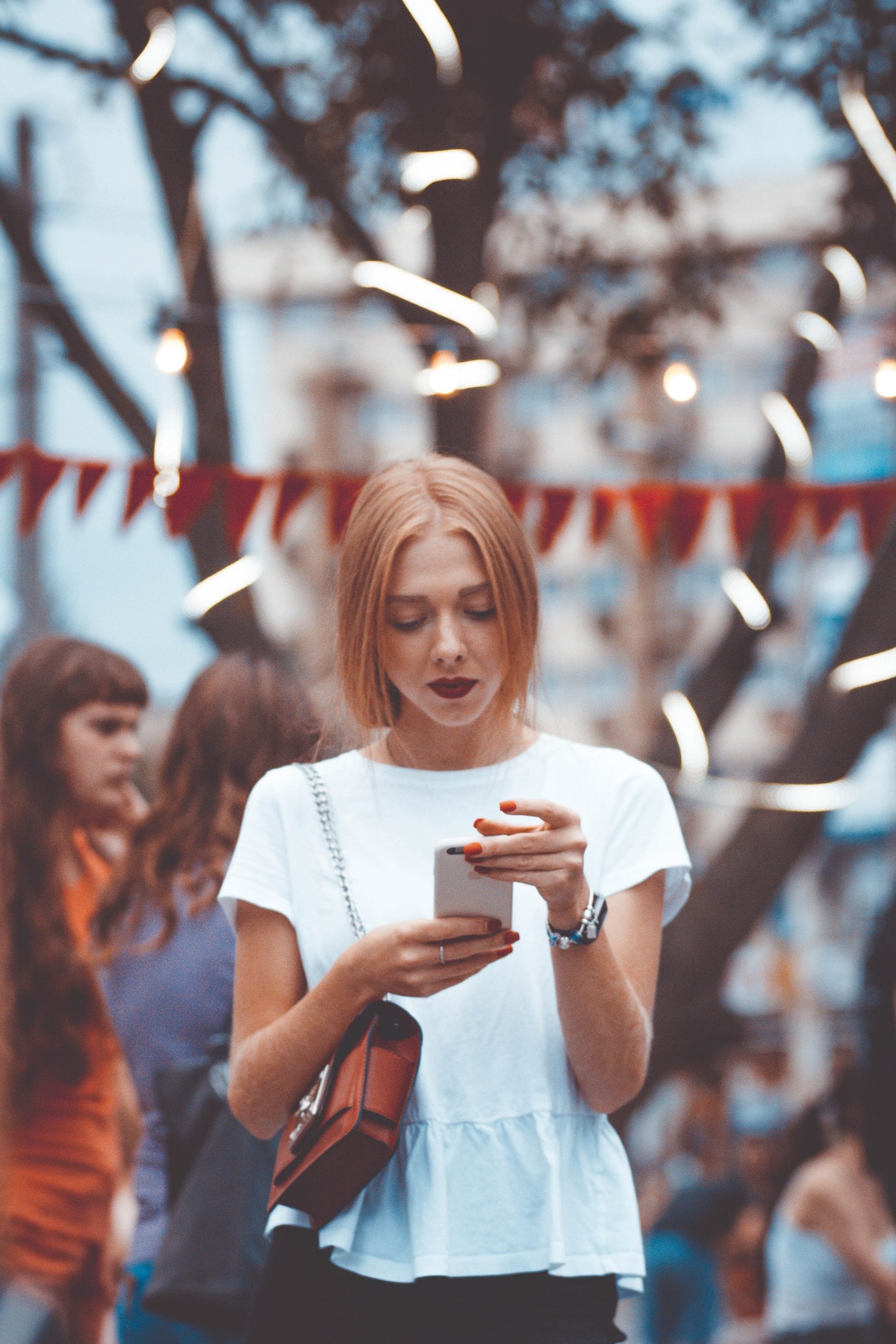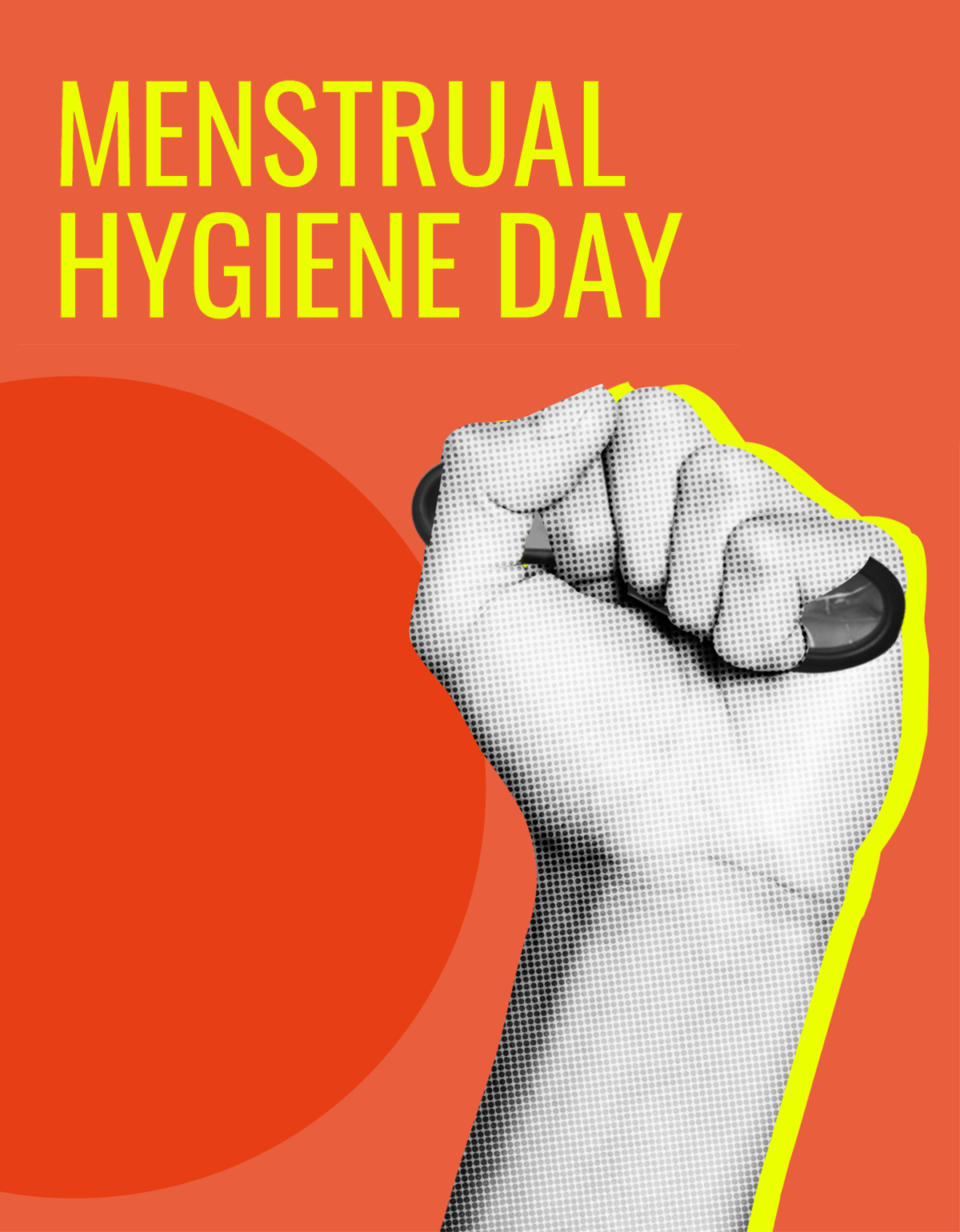How different cultures honor & celebrate periods
Periods can bring physical discomfort, but they can be even more painful if the community around you doesn’t celebrate them. Some of us just bide our time in silence, shaming ourselves for wanting to lay down and eat all the snacks. We spend time away from friends, family, or coworkers to spare them the wrath of unpredictable mood swings.
And some of us have conditions like PMDD, PCOS, or endometriosis, which bring about symptoms that are mind-numbingly painful—yet we still soldier on through our workdays and responsibilities like champs.
It’s time to reframe the cultural significance of having a period. Instead of looking at our period as something that gets in the way of the things we need to do, we should listen to our bodies and work at a pace that feels good. To some communities, the ability to menstruate is an honor meant to be celebrated. We think that idea should be universal.
Menstrual rituals vary dramatically from one region or culture to another, but we found these five to be especially compelling. Read on to learn how periods have been appreciated in Filipino, Indian, Amazonian, and indigenous American cultures.
1. Ojibwe people: Isolation in a moon lodge
In some cultures, menstruating individuals are shunned and isolated due to deeply ingrained fear, religious beliefs, or superstition. While this pattern often manifests in oppression, for Ojibwe women, self-isolating during menstruation is seen as a restorative and valuable practice.
The Ojibwe are indigenous peoples whose communities are scattered across the American midwest. Traditionally, Ojibwe women sequestered themselves from the community during menstruation in what was known as a moon lodge, using the time to cleanse and reboot their energies. 1
This restorative period of isolation was embraced by women in the community: They refrained from sex, ceremony, and food preparation and were given a break from their usual child care duties. Other women in the tribe would stop by to visit and bring meals, making sure the menstruating woman was safe and content. The ritual ultimately strengthened female relationships in the community.
The Ojibwe believe that, as women menstruate, they slough off the accumulated experience and stress of being female. Their tradition shows us just how impactful meditative practices can be – in particular, using our period as a time to step back from hectic schedules, breathe, and feel at home in our bodies.
During your next period, try to carve out some alone time to relax, take a bath, read a book, or meditate. By relieving stress, you may even make your period lighter and less painful.
2. Ambubachi Mela: A four-day celebration for a goddess’ menstrual cycle
For four days during monsoon season, temples close and all agricultural work is forbidden in Assam, a state in northeastern India. It is believed that the goddess Kamakhya is menstruating during those four days – so the temple is closed as a sign of respect. 2
Kamakhya’s devotees wait patiently outside the temple doors while the rest of the town puts on a festival: Ambubachi Mela. 2 Visitors from nearby towns come to celebrate Kamakhya, hoping for spiritual guidance and abundance. When the temple doors reopen, the devotees receive wet cloths called “prasad” that are meant to represent the goddess’ menstrual fluid. According to Shakti tradition (a sect of Hinduism), the prasad brings good fortune.
During Ambubachi Mela, devotees celebrate fertility both literally and symbolically: The seasonal monsoon rains also represent the earth’s fertility and its nurturing, life-giving power. So, if anything, let this ritual teach you to celebrate your period by indulging in your favorite foods, activities, or self-care practices.
3. Filipino superstition: Wiping period blood on your face to prevent breakouts
In the Philippines, it’s believed that wiping your face with your own period blood can prevent breakouts. 3 Some people get tricked into doing this. While washing your period-stained underwear, for example, an elder might tell you that there’s a fly on your face so that you unintentionally wipe the blood all over yourself in the process.
Is it totally crazy? Maybe not. One study found that endometrial blood (a.k.a. period blood) may have healing and regenerative properties. 4 Even though scientists haven’t confirmed a direct correlation, some people have tried infusing their menstrual blood into face masks to see if it makes a difference. 5 While we haven’t tested it out, we’ll admit that it’s an interesting idea – even if it just makes you feel a little more empowered in your own body.
After all, there’s nothing gross about period blood. Healthy menstrual blood has very little odor (though it can become more noticeable if it sits for a while, whether in a cup, disc, pad, or tampon) and it isn’t harmful or dangerous in any way. 6 So, take this Filipino superstition as a reminder to get comfortable with your period blood – and embrace it!
4. The Tikuna Tribe, Brazil: The Pelazon ceremony
The Tikuna Tribe of Brazil – deep in the Amazon rainforest – has a unique way of commemorating first periods: When a young girl first menstruates, she is sent to live in a house alone for one year. She’s only allowed one visitor: her grandmother. In that time, her grandmother teaches her many traditional skills, including weaving, identifying medicinal plants, and caring for families.
When the year is up, the tribe gathers in a procession to lead these young women back to the maloka, a central structure where they hold ceremonies. She is completely covered from head to toe with a pigment called uito, which is then removed during the Pelazon Ceremony when she is “revealed” to the tribe as a woman. 7 The celebration entails three days of rituals, dances, and feasts, where men offer hunted animals to the girls’ families as a sign of respect.
The Pelazon Ceremony teaches us to honor not only our first period, but every cycle we go through as adults – just as our mothers and grandmothers have before us. Take some time during your next period to call your mom, your aunt, your grandmother, or any other relative to catch up for a few minutes (you might just be surprised by the wisdom they impart).
5. The Hupa Tribe: The flower dance
In the land we know as northwestern California, the Hupa Tribe still upholds its coming of age traditions for young girls. The tribe believes that menarche (the first period) is incredibly powerful – so they celebrate it with the Flower Dance, or Ch’ilwa:l, which can last for several days. 8
The kinahldung — the girl whose menarche is being celebrated — wears a face covering made of blue jay feathers while Hupa community members partake in traditional song and dance. At the end of the ritual, a large feast is held in her honor, complete with elaborate gifts.
The Flower Dance represents the foundational role of women in the Hupa community. Some members of the tribe describe it less as a coming of age ritual than a celebration of female strength. And today, members of the Hupa tribe are working to revitalize the Flower Dance after it was driven underground by European settlers. In this way, the ritual also serves as a means of healing from the impacts of historical trauma.
The Hupa people believe menstruation is so influential, it can restore balance in the world — a reminder to give your period at least a moment of appreciation, even on the days when you wish it could spontaneously disappear.
Note: The words “woman,” “women” and “girl/s” were used in this piece to paraphrase stories told by the people in these cultures. We recognize that not all women have periods, and not all who have periods are women.
© 2021 The Flex Company. All Rights Reserved.
